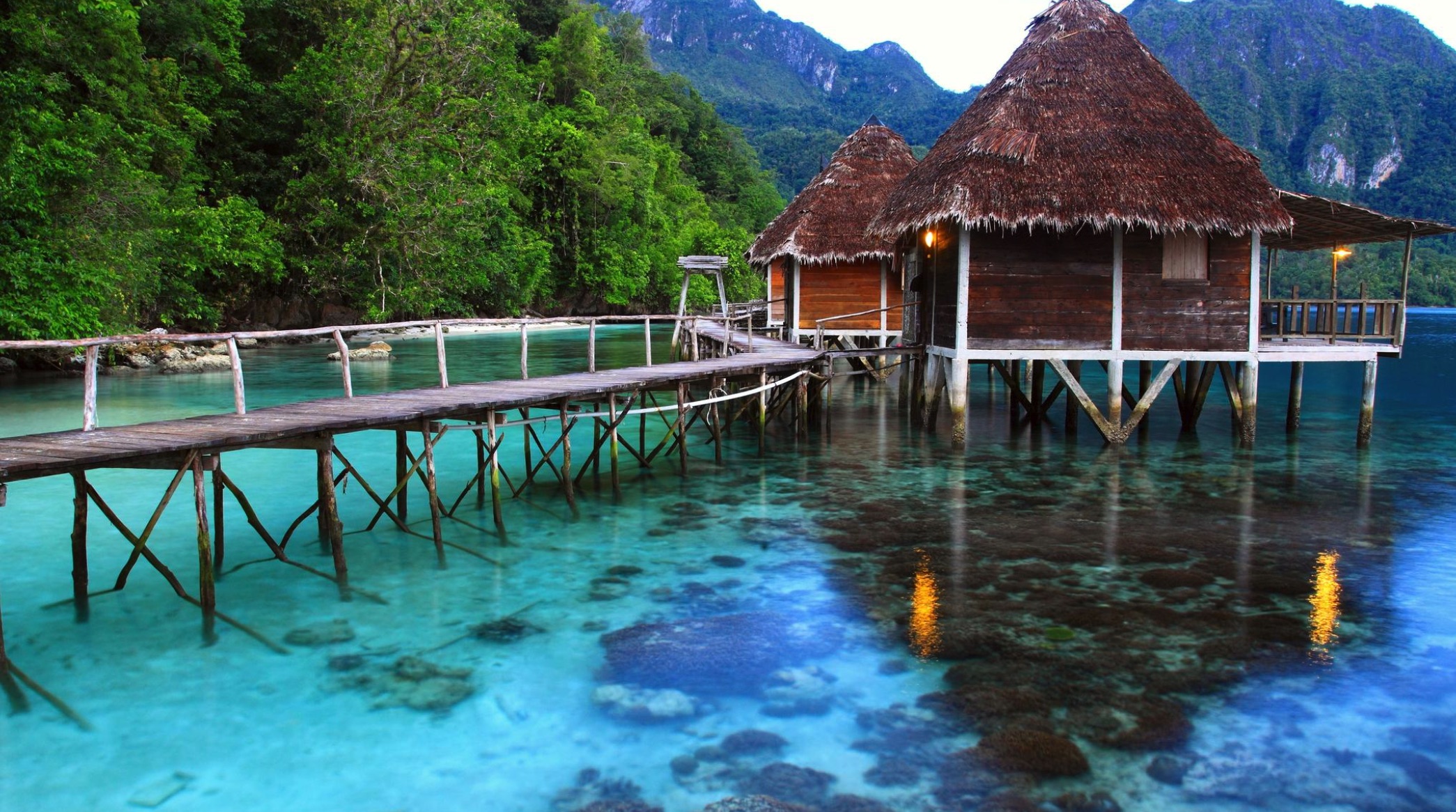The Maluku Islands, often called the Spice Islands, sit quietly in Indonesia’s eastern archipelago, far from the bustling centers of Jakarta or Bali. For many, these islands evoke images of cloves and nutmeg, valuable commodities that shaped global trade for centuries. But beneath their lush landscapes lies a story steeped in struggle, marginalisation, and unresolved conflict, a story largely ignored by Indonesia’s mainstream narrative.
The Legacy of the Spice Trade
Long before Indonesia was a nation, the Malukus held a unique place on the world stage. Their bounty of cloves, nutmeg, and mace drew European powers across oceans, eager to claim control over the lucrative spice trade. Portuguese explorers were first to arrive in the early 1500s, followed swiftly by the Dutch, who established the ruthless Dutch East India Company (VOC).
The Dutch enforced a brutal monopoly, often resorting to scorched-earth tactics against resistant villages. Entire communities were uprooted or massacred to maintain control. The islands’ natural wealth came at a steep human cost, yet the suffering of Malukans is a footnote in broader colonial histories. The Dutch obsession with controlling spices shaped not only Maluku’s past but also its present sense of exploitation and neglect.
The Struggle for Independence and the RMS Government in Exile
When Indonesia declared independence in 1945, the Maluku Islands were swept into the newly formed republic. But this incorporation was far from consensual. Maluku’s Christian majority, culturally distinct from Indonesia’s predominantly Muslim population, had different visions for their future.
In 1950, the Republik Maluku Selatan (RMS) was declared, seeking independence from Jakarta. Many RMS leaders were ex-soldiers from the Dutch colonial forces, unwilling to accept Indonesian rule. The rebellion was quickly crushed by Indonesia’s military, with many RMS supporters forced into exile, primarily in the Netherlands.
The RMS government in exile has persisted for over seven decades, a symbol of unyielding resistance. Johan Manusama, a key RMS figure in exile, once said, “We do not seek war; we seek recognition — recognition that our identity and right to self-determination matter.”
Today, the RMS diaspora is active in the Netherlands, organizing cultural events, protests, and lobbying efforts to keep the Maluku independence cause alive internationally. This diaspora community serves as both a cultural bridge and a political voice, highlighting grievances that remain unresolved back home.
Sectarian Violence and Its Aftermath
The late 1990s and early 2000s witnessed some of the darkest chapters in Maluku’s modern history. Tensions between Muslim and Christian communities erupted into brutal conflict, killing thousands and displacing many more. This sectarian violence was not spontaneous religious hatred but the outcome of decades of political manipulation, economic disparity, and social exclusion.
The Indonesian government’s military response often exacerbated the violence. Villages were destroyed, civilians caught in the crossfire. A peace accord was brokered in 2002, but scars linger. As local elder Paulus Latuputty put it, “We survived the fire, but the ashes still burn inside us.” The conflict fractured communities and deepened mistrust in Jakarta. Many Malukans view the Indonesian state as an occupying force rather than a legitimate government.
Click to read about West Papua
Contemporary Maluku: Tourism, Culture, and Challenges
Today, the Maluku Islands are attempting to rebuild amid the shadow of their past. Tourism offers one of the few avenues for economic growth, yet it remains minimal. Unlike Bali or Lombok, Maluku is off the beaten path, its infrastructure underdeveloped and accessibility limited.
But the islands are extraordinary in natural beauty. Pristine coral reefs, dense rainforests, and a diverse array of wildlife make Maluku a haven for divers, bird watchers, and adventurous travelers. The Banda Islands, in particular, attract those interested in the origins of the global spice trade.
However, the benefits of tourism often bypass the local population. Infrastructure projects tend to favor external investors and urban centers. For many Malukans, tourism remains a distant promise rather than a lived reality.
Culturally, Maluku is vibrant and distinct. Music, dance, and Christian rituals combine with indigenous traditions to form a resilient cultural identity. These cultural expressions are acts of defiance, ways to preserve a unique heritage in the face of assimilation pressures. Cultural leader Anna Paat once remarked, “Our songs and dances are our history. They tell who we are when no one else listens.”
Political Realities and the Future
Indonesia’s decentralisation policy in the early 2000s gave Maluku a degree of local governance, but real political power remains limited. The islands’ political leaders often find themselves caught between Jakarta’s control and local demands for autonomy or independence.
The demographic shifts caused by transmigration policies, moving mostly Muslim populations from other islands to Maluku, have altered the delicate balance of communities, sparking tensions over land and resources. Many Malukans see this as a form of internal colonisation designed to dilute their identity.
Despite the persistence of the RMS government in exile and the diaspora’s efforts, international attention to Maluku’s plight remains scant. Compared to West Papua’s sporadic visibility in global media, Maluku’s struggle is sidelined and forgotten.
Nevertheless, Maluku’s resilience is remarkable. Civil society groups, activists, and cultural organizations continue to advocate for justice, recognition, and peace. As RMS activist Pieter Manusama has said, “Our fight is not only for independence but for dignity, for a place at the table of nations where our voice is heard.”
Conclusion: A Region Defined by Resilience and Conflict
The Maluku Islands embody the contradictions of Indonesia’s post-colonial state. They are a land of breathtaking natural wealth but persistent poverty, a place where centuries-old cultural identity survives alongside violent political struggles.
For those who dig beneath Indonesia’s glossy tourism brochures, Maluku reveals a complex history of colonial violence, failed nation-building, and enduring resistance. It is a reminder that Indonesia’s unity rests on fragile foundations and that some of its peripheries remain colonies in all but name.
Maluku is not just a footnote in history. It is a living landscape of resilience, marked by struggle but defined by a people who refuse to be erased.

